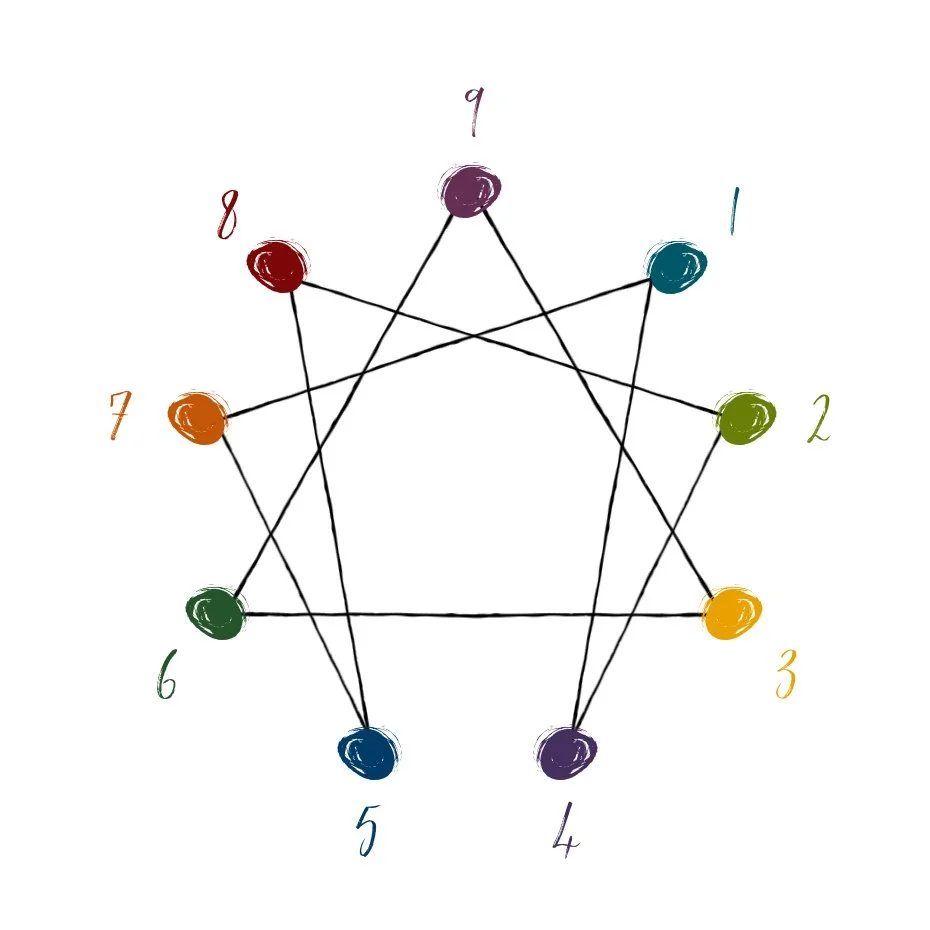
BEGIN YOUR Therapy JOURNEY.
My approaches:
Treatment Specialties:
Grief
Trauma
Anxiety
Self-harm
Addiction
Phobias
Eating Disorders
Populations I serve:
I believe that true impact stems from honoring the unique perspectives, identities, and values of each client. My approach is rooted in deep listening, cultural humility, and co-creating solutions that align with what matters most to those I serve. I am queer affirming and continue to strive toward anti-racism in both practice and mindset.
As an EMDRIA Approved trained EMDR Practioner (external site) I can utilize EMDR for:
Trauma & PTSD/C-PTSD: Reduce the emotional intensity of painful memories and strengthen beliefs about safety and self-worth.
Grief: Process the pain of loss while integrating a meaningful and positive connection.
Anxiety & Panic: Address both root causes and present triggers to create a calmer baseline.
Phobias: Gradually desensitize feared situations or objects in a safe, controlled way.
Self-Harm: Target underlying distress and triggers to reduce urges.
Addiction: Process root traumas and reduce cravings by breaking the link between triggers and behavior
Dialectical Behavior Therapy (DBT) teaches practical skills to manage intense emotions, cope with urges, and replace harmful behaviors with healthier choices. For self-harm, it offers distress tolerance and emotion regulation tools. For eating disorders, it addresses triggers and promotes mindful, balanced eating. For addiction, it combines relapse prevention with coping strategies for cravings.
Adolescents in particular often respond well because DBT is concrete, skills-based, and validating, helping them feel understood while still encouraging accountability.
Internal Family Systems (IFS) sees the mind as made of “parts,” each with its own role and purpose. Even harmful behaviors often come from parts trying to protect us. In parts work, we meet these parts with curiosity and compassion, uncover the pain they protect, and help them heal and find healthier roles. This approach can reduce cravings, ease anxiety, shift disordered eating patterns, and release phobic fears by healing at the root.
Somatic processing focuses on the mind–body connection, helping clients notice and release tension, sensations, and stored stress that cognitive and even emotional insight alone may not reach.
Through gentle body awareness, grounding, and movement-based techniques, somatic processing can help you regulate your nervous system, safely process overwhelming experiences, and rebuild a sense of safety within your own body. This work can reduce anxiety symptoms, release the physical imprint of trauma, and support a healthier, more compassionate relationship with food and the body.
I approach therapy with a strong clinical foundation and a commitment to compassion, respect, and the belief that every person has worth and the ability to grow. I identify as a Christian, and I’m comfortable incorporating a faith-based perspective into sessions if you request it.
Ultimately, I work with people from all backgrounds and belief systems, always striving to create a space that is safe, nonjudgmental, and client-centered.
I find working with teens to be hands down the the most rewarding part of my work. Adolescence can be an incredibly challenging stage of life, especially in today’s world, where young people face pressures and difficulties previous generations never experienced in quite the same way. I strive to create a space where teens feel heard, understood, and supported as they navigate these years.
I value family input when treating teens and believe that involving parents or caregivers, when appropriate, helps strengthen the progress made in therapy. My experience includes working with teens who struggle with anxiety, trauma, abuse, social anxiety, relationship challenges, self-harm, body image concerns, and eating disorders. My hope is for every teen I work with to feel less alone, more confident in themselves, and better equipped to face whatever comes their way.

Enneagram
I offer the option to incorporate the Enneagram into therapy sessions or to work with it separately through Enneagram coaching. The difference is simple:
In therapy, the Enneagram can be used as one of many tools to help us explore your patterns, motivations, and relational dynamics within the context of your mental health goals. It’s integrated alongside evidence-based therapeutic approaches and tailored to your specific needs.
In coaching, the focus is solely on personal growth through the Enneagram, without addressing mental health diagnoses or treatment. This is ideal if you’re looking for self-discovery, better communication skills, or guidance in your relationships and personal development.
The Enneagram is a personality framework that helps you understand not only what you do, but why you do it. This insight can lead to more self-awareness, healthier relationships, improved communication, and personal growth.
I also offer two types of Enneagram groups:
Introductory Group – Perfect if you’re new to the Enneagram or curious about your type. We cover the basics, walk through the nine types, and explore how to identify your core motivations.
Deep Dive Group – Designed for those already familiar with their type, this group explores subtypes, wings, growth and stress paths, and practical ways to apply the Enneagram to relationships, work, and personal challenges.
Whether in therapy, coaching, or group settings, the Enneagram can be a powerful way to better understand yourself and grow in ways that align with your goals and values.

“although the world is full of suffering, it is also full of overcoming it”.
-Helen Keller
For your reference
Individual Therapy
$175 for a therapeutic hour
Enneagram Coaching
$100 for an hour
Enneagram Groups
6 week Intro Group- $250
4 week Deep Dive- $150
If you are a prospective client, I strongly encourage you to look into what your Out of Network benefits are, as I can provide superbills for you to submit to your insurance. To make it easy, you can utilize the site Thrizer at https://www.thrizer.com/ (external site) to look up those benefits.
Accessibility: I strive to make this website accessible to all users. Contact me at sarah@floridatherapy.net with any accessibility concerns.


